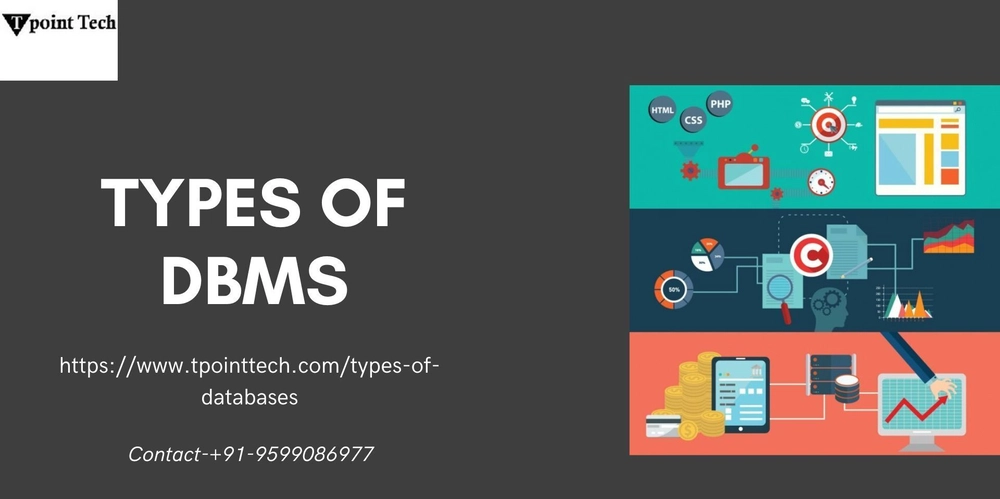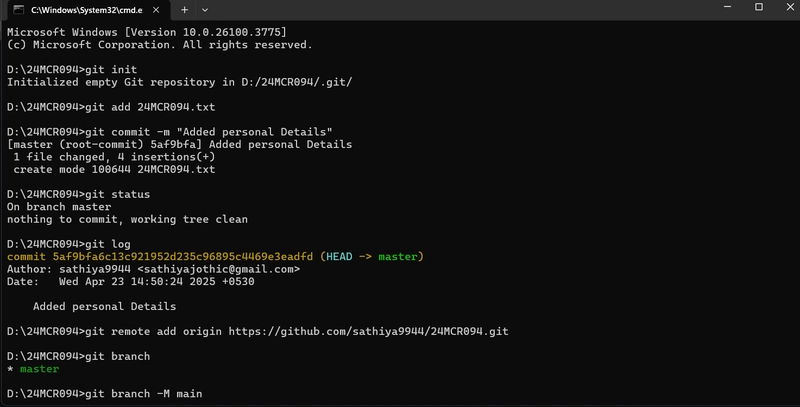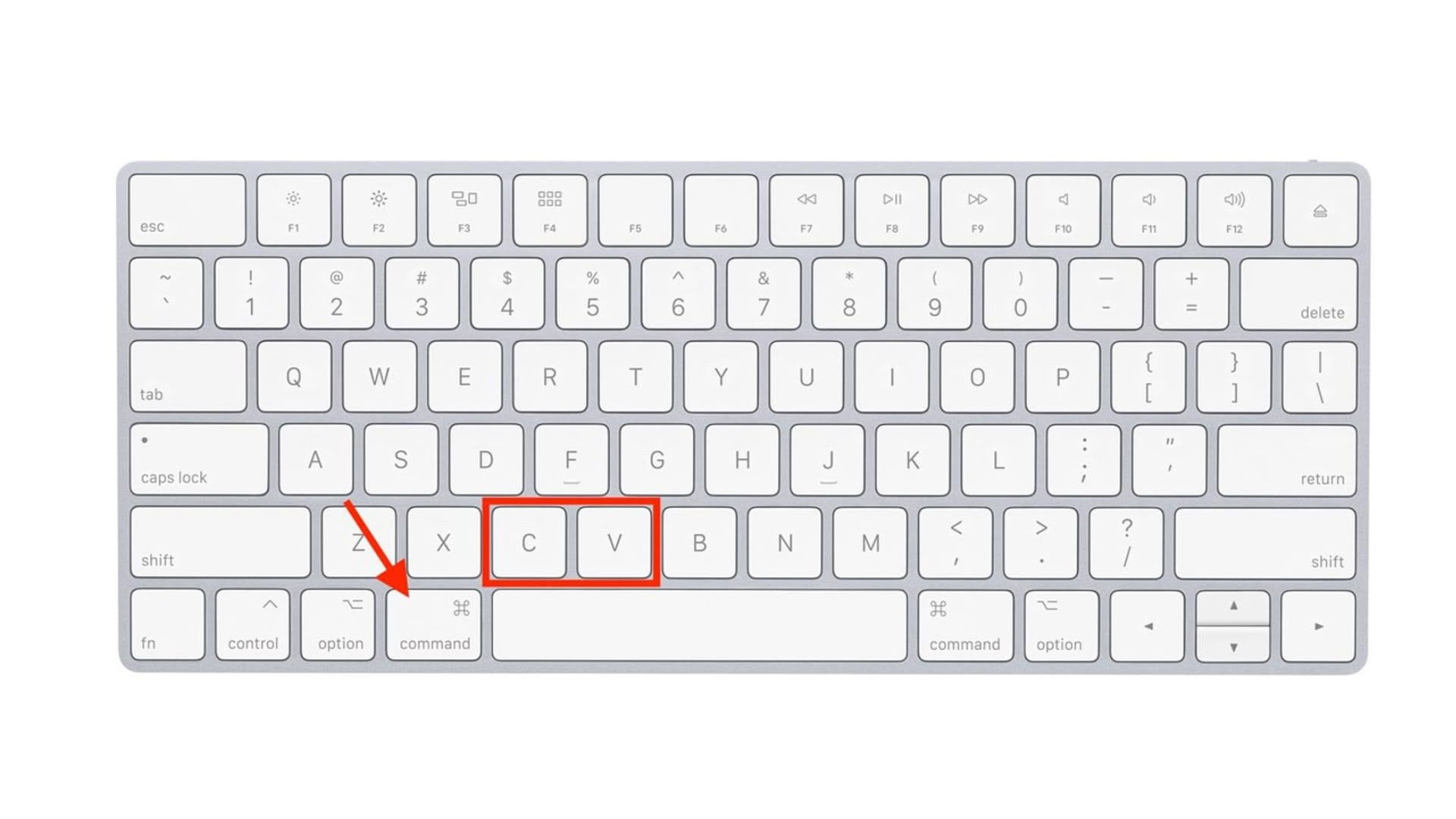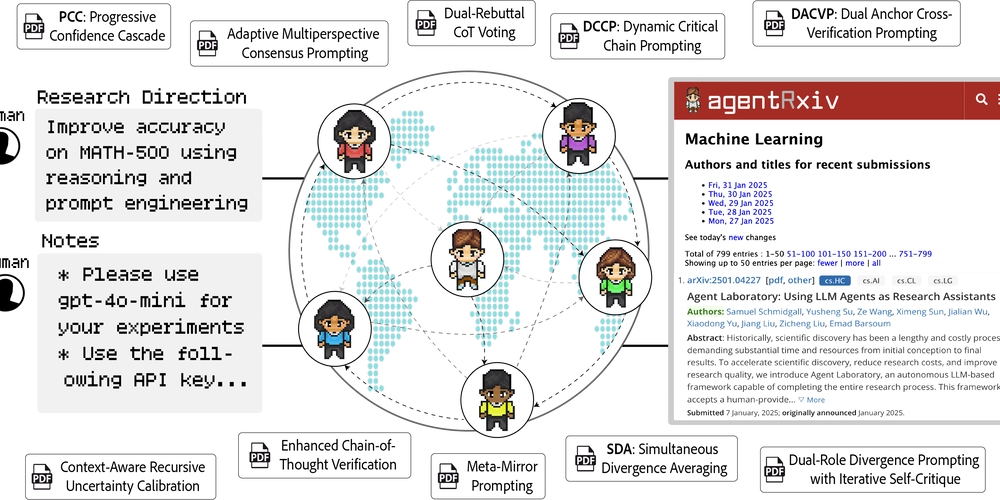Choosing the Right Database: Understanding DBMS Type
Picking the right tool for a job makes all the difference, right? You wouldn't use a hammer to screw in a lightbulb! The same goes for managing your data. Whether you're building a website, tracking inventory, or just organizing your personal collection of recipes, you're going to need a database. But here's the thing: just saying "database" is a bit like saying "vehicle." There are cars, trucks, motorcycles, buses – they all get you places, but they're designed for different trips. That's where understanding the different types of dbms comes in. A Database Management System is the software that allows you to create, maintain, and interact with your database. Just as different vehicles are suited for different terrains and purposes, various DBMS types are designed to handle different kinds of data and usage patterns. Choosing the right one from the start can save you a lot of headaches down the road and ensure your data is managed efficiently. When you're thinking about storing information, you're essentially thinking about the individual pieces of data and their characteristics. In database lingo, these characteristics are often called attributes in dbms. For instance, if you're storing information about a book, its attributes might be title, author, ISBN, and publication date. These are the fundamental data points you need to capture and organize. How you define and manage these attributes in dbms can vary depending on the database system you choose. Some systems are very rigid about defining every attribute upfront (like in a traditional spreadsheet), while others are more flexible, allowing for different pieces of information from one entry to the next. The nature of your data – how structured or unstructured it is, how it relates to other data, and how often it changes – heavily influences which of the different types of dbms will be the best fit. So, before you dive headfirst into building your database, take some time to understand the various types of dbms available. Consider the kind of data you have, the relationships between different pieces of information, and how you plan to access and use it. Thinking about these factors, including the specific attributes in dbms that are important to you, will guide you toward making an informed decision and truly harnessing the power of effective data management. It’s about picking the right key for the right lock!

Picking the right tool for a job makes all the difference, right? You wouldn't use a hammer to screw in a lightbulb! The same goes for managing your data. Whether you're building a website, tracking inventory, or just organizing your personal collection of recipes, you're going to need a database. But here's the thing: just saying "database" is a bit like saying "vehicle." There are cars, trucks, motorcycles, buses – they all get you places, but they're designed for different trips.
That's where understanding the different types of dbms comes in. A Database Management System is the software that allows you to create, maintain, and interact with your database. Just as different vehicles are suited for different terrains and purposes, various DBMS types are designed to handle different kinds of data and usage patterns. Choosing the right one from the start can save you a lot of headaches down the road and ensure your data is managed efficiently.
When you're thinking about storing information, you're essentially thinking about the individual pieces of data and their characteristics. In database lingo, these characteristics are often called attributes in dbms. For instance, if you're storing information about a book, its attributes might be title, author, ISBN, and publication date. These are the fundamental data points you need to capture and organize.
How you define and manage these attributes in dbms can vary depending on the database system you choose. Some systems are very rigid about defining every attribute upfront (like in a traditional spreadsheet), while others are more flexible, allowing for different pieces of information from one entry to the next. The nature of your data – how structured or unstructured it is, how it relates to other data, and how often it changes – heavily influences which of the different types of dbms will be the best fit.
So, before you dive headfirst into building your database, take some time to understand the various types of dbms available. Consider the kind of data you have, the relationships between different pieces of information, and how you plan to access and use it. Thinking about these factors, including the specific attributes in dbms that are important to you, will guide you toward making an informed decision and truly harnessing the power of effective data management. It’s about picking the right key for the right lock!










































































































































































![[The AI Show Episode 144]: ChatGPT’s New Memory, Shopify CEO’s Leaked “AI First” Memo, Google Cloud Next Releases, o3 and o4-mini Coming Soon & Llama 4’s Rocky Launch](https://www.marketingaiinstitute.com/hubfs/ep%20144%20cover.png)















































































































![Is This Programming Paradigm New? [closed]](https://miro.medium.com/v2/resize:fit:1200/format:webp/1*nKR2930riHA4VC7dLwIuxA.gif)



































































































































-Classic-Nintendo-GameCube-games-are-coming-to-Nintendo-Switch-2!-00-00-13.png?width=1920&height=1920&fit=bounds&quality=70&format=jpg&auto=webp#)




























_Wavebreakmedia_Ltd_FUS1507-1_Alamy.jpg?width=1280&auto=webp&quality=80&disable=upscale#)



















































































































![New iPhone 17 Dummy Models Surface in Black and White [Images]](https://www.iclarified.com/images/news/97106/97106/97106-640.jpg)


![Hands-On With 'iPhone 17 Air' Dummy Reveals 'Scary Thin' Design [Video]](https://www.iclarified.com/images/news/97100/97100/97100-640.jpg)





























































































































![[FR] Qu'est ce que le changement de cap d'Angular 15+ a apporter](https://media2.dev.to/dynamic/image/width=800%2Cheight=%2Cfit=scale-down%2Cgravity=auto%2Cformat=auto/https%3A%2F%2Fdev-to-uploads.s3.amazonaws.com%2Fuploads%2Farticles%2Fi0utarwalwobt11iuv7c.jpg)

